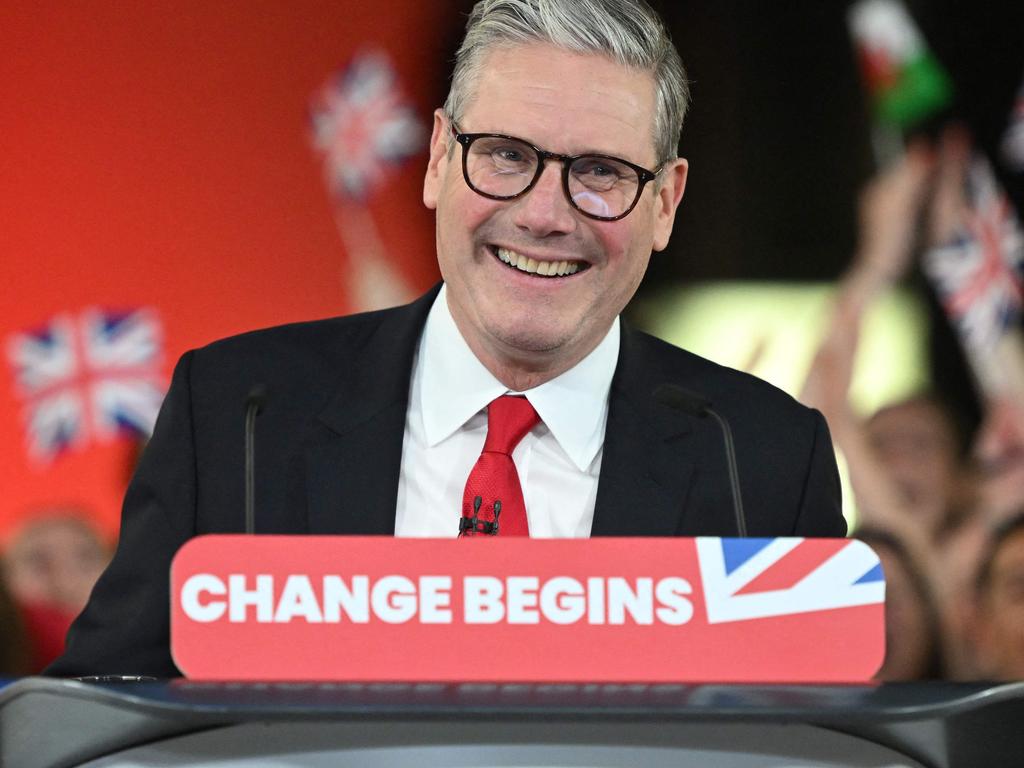Introduction
The political landscape of the United Kingdom is a dynamic tapestry of evolving policies, shifting power dynamics, and significant socio-economic changes. As we approach the latter half of 2024, several key political developments have unfolded, shaping the future of the nation. This comprehensive analysis delves into the latest UK political developments, examining their implications for governance, economy, and society.
1. The State of the UK Government
In recent months, the UK government has undergone significant changes. The Conservative Party, which has been in power for over a decade, has faced increasing challenges both internally and from opposition parties. Prime Minister Rishi Sunak, who assumed office in 2022, continues to lead the country through a complex array of domestic and international issues.
1.1 Cabinet Reshuffle
One of the most notable changes in the UK government has been the recent cabinet reshuffle. In July 2024, Prime Minister Sunak made several key appointments aimed at revitalizing his administration. This reshuffle saw the introduction of new faces in crucial positions, including the Home Secretary and Chancellor of the Exchequer. These changes are expected to influence the government’s approach to major issues such as immigration, economic policy, and public services.
1.2 Legislative Agenda
The government’s legislative agenda has also seen notable shifts. Key bills currently under discussion include the National Health Service (NHS) Reform Bill and the Environmental Protection Act. The NHS Reform Bill aims to address long-standing issues within the healthcare system, including waiting times and funding challenges. Meanwhile, the Environmental Protection Act seeks to strengthen the UK’s commitment to environmental sustainability, focusing on reducing carbon emissions and promoting green energy.
2. Opposition Parties and Their Strategies
The opposition parties in the UK have been active in critiquing the government’s policies and proposing alternative solutions. The Labour Party, under the leadership of Keir Starmer, continues to challenge the Conservative administration on various fronts.
2.1 Labour Party’s Position
The Labour Party has focused on several key areas, including social justice, economic inequality, and public sector investment. Starmer’s recent speeches have emphasized the need for increased investment in education and healthcare, as well as measures to address the cost-of-living crisis. The party is also advocating for a more progressive tax system to ensure that wealthier individuals and corporations contribute their fair share.
2.2 Liberal Democrats and Their Role
The Liberal Democrats, led by Ed Davey, have positioned themselves as a centrist alternative to the two main parties. Their platform highlights issues such as electoral reform, civil liberties, and climate change. The party’s recent proposal for a proportional representation voting system aims to address concerns about the UK’s current first-past-the-post electoral system.
3. Devolution and Regional Politics
Devolution has been a prominent feature of UK politics, with increasing powers being granted to the Scottish Parliament, Welsh Senedd, and Northern Ireland Assembly. Recent developments in regional politics have further highlighted the complexity of the UK’s political structure.
3.1 Scottish Independence Movement
The Scottish independence movement has gained momentum in recent months. The Scottish National Party (SNP), led by Nicola Sturgeon, continues to push for a second referendum on Scottish independence. Sturgeon’s resignation earlier this year created a leadership vacuum, but her successor, Humza Yousaf, has maintained the party’s commitment to independence.
3.2 Welsh and Northern Irish Politics
In Wales, the Senedd has been focusing on issues related to health and education. The Welsh Government’s recent budget includes significant investment in the NHS and educational reforms aimed at improving standards and accessibility.
Northern Ireland remains a focal point of political attention due to ongoing discussions about the Northern Ireland Protocol and its impact on trade and political stability. The Democratic Unionist Party (DUP) and Sinn Féin continue to debate the future of the region’s governance and relationship with the rest of the UK and the European Union.
4. Economic Policies and Challenges
The UK’s economic landscape is influenced by a range of factors, including government policies, global economic conditions, and domestic issues. Recent developments in economic policy reflect the government’s response to these challenges.
4.1 Cost-of-Living Crisis
One of the most pressing issues facing the UK is the cost-of-living crisis. Rising inflation and energy prices have placed significant strain on households. The government has introduced measures such as energy bill support and increased social security payments to alleviate some of these pressures. However, there is ongoing debate about the effectiveness of these measures and the need for further intervention.
4.2 Trade and International Relations
Trade policy remains a key area of focus for the UK government. Post-Brexit trade negotiations with the European Union and other global partners continue to shape the UK’s economic landscape. Recent trade agreements with countries such as Australia and Japan are expected to provide new opportunities for British businesses, but there are concerns about the impact on certain sectors.
5. Social Issues and Public Sentiment
Public sentiment and social issues play a crucial role in shaping political developments. Recent events and societal changes have influenced the political discourse in the UK.
5.1 Public Opinion on Government Policies
Public opinion on government policies has been mixed. While some policies, such as increased funding for healthcare, have been well-received, others, such as proposed cuts to public services, have faced significant backlash. Opinion polls indicate a growing dissatisfaction with the government’s handling of certain issues, which could impact the outcome of future elections.
5.2 Social Movements and Activism
Social movements continue to play a significant role in UK politics. Campaigns related to climate change, racial equality, and gender rights have gained prominence. Recent protests and activism have influenced political discourse and prompted government responses to address these issues.
Conclusion
The political developments in the UK are multifaceted and continually evolving. From government reshuffles and legislative changes to regional politics and economic challenges, these factors collectively shape the nation’s future. As the political landscape continues to shift, staying informed about these developments is crucial for understanding the broader implications for the UK and its citizens.


Hi, this is a comment.
To get started with moderating, editing, and deleting comments, please visit the Comments screen in the dashboard.
Commenter avatars come from Gravatar.